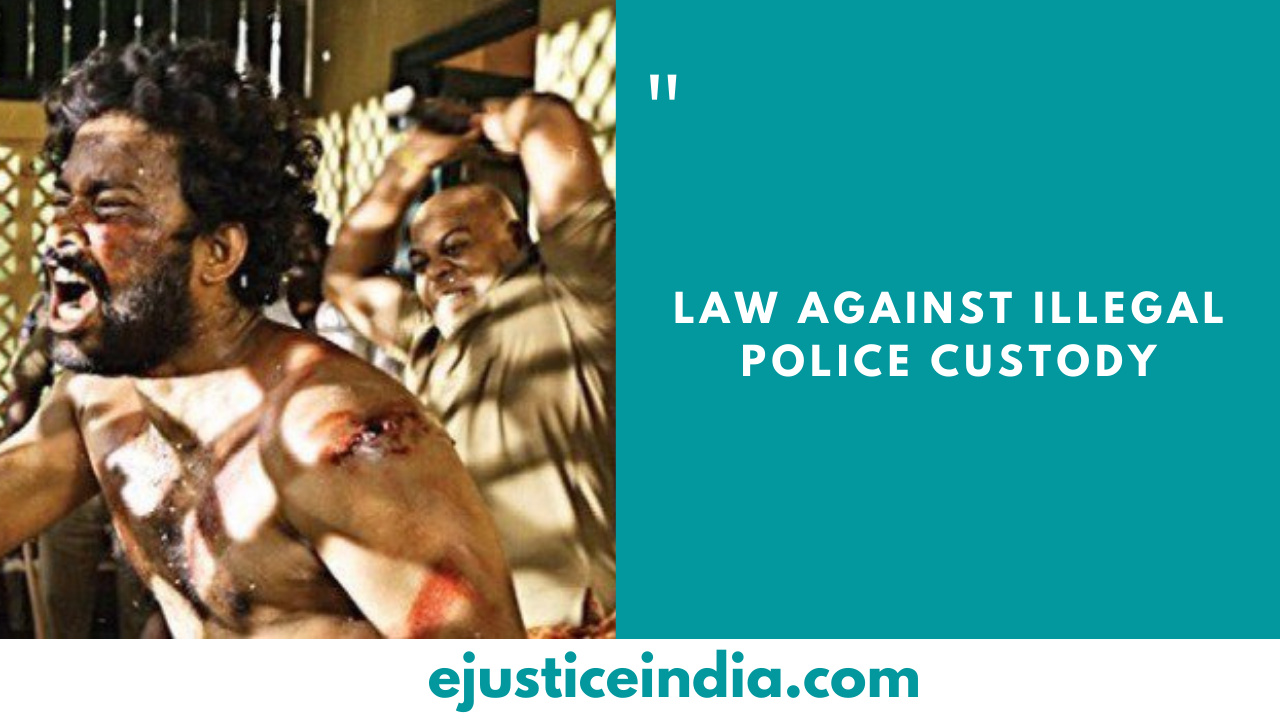Compromise of Right to Education during Pandemic
Author: Dibya Ranjan Swain
Education is one of the primary attributes of a human being. Without education, the all-around development of a human being is compromised. Education is a basic human right and it helps an individual to grow itself and to help in aiding the society through which society can progress in the path of development effectively and efficiently.
But unfortunately, every activity during the pandemic came to a halt and the major activities like production, education, and more were largely affected due to it. In a country like India where the infrastructure is not that great and where there is no equal distribution of wealth, opportunities, and facilities the most compromised field was the field of education. Most of the educational institutions switched the method of teaching and examination to online mode. Now it is a question of fact that “Whether every student is privileged to take up online education?” and “Whether online education is the correct method of teaching and imparting education?” and “How much the online teaching and imparting of education via online mode is effective?”.
Above are a few questions that remain unanswered and which is of course a debatable topic considering the pandemic.
Right to Education a Fundamental Right-
Article 21A was added after The Constitution (86th Amendment) Act, 2002. It made the education for all children of the age 6 to 14 years a fundamental right and made the duty of the state to provide free and compulsory education to all children of the age 6 to 14 years in such a manner as the state may, by law, determine”.
Right to Education was a gift to the nation by a Judicial initiative or we can say through Judicial activism. In Mohini Jain V. State of Karnataka (AIR 1992 SC 1858), this was the first case where the Supreme Court recognized the Right to Education as a fundamental right. In this case, the petitioner was denied admission due to high fees in a private medical college situated in Karnataka. Here the Court rightly held that Education in India is not a commodity and charging such a huge amount of fees is a denial of a Citizen’s right to education.
In the case of Unni Krishnan V. State of A.P (1993 1 SCC 645), the Court did not agree with the decision of Mohini Jain case and overruled it. The Court specifically held that the right to education for children of the age of 6 to 14 years is a fundamental right. And after the completion of 14 years of age, the obligation of the state depends upon its economic capacity.
As a result of this Judgement, Parliament passed the Right of Children to Compulsory Education Act, 2009. It makes responsible the Central Government, State Government, teachers, parents, and the community members to ensure that all the children of the prescribed age receive free and compulsory education.
As we have seen that Right to Education is a fundamental right and it is quite evident that the fundamental right was compromised during the pandemic to which no adequate remedy is available. But the state needs to come forward and acknowledge the fact that there is a compromise with the Right to Education and provide remedies through which students can get benefit as they are the asset and future of the Nation.


